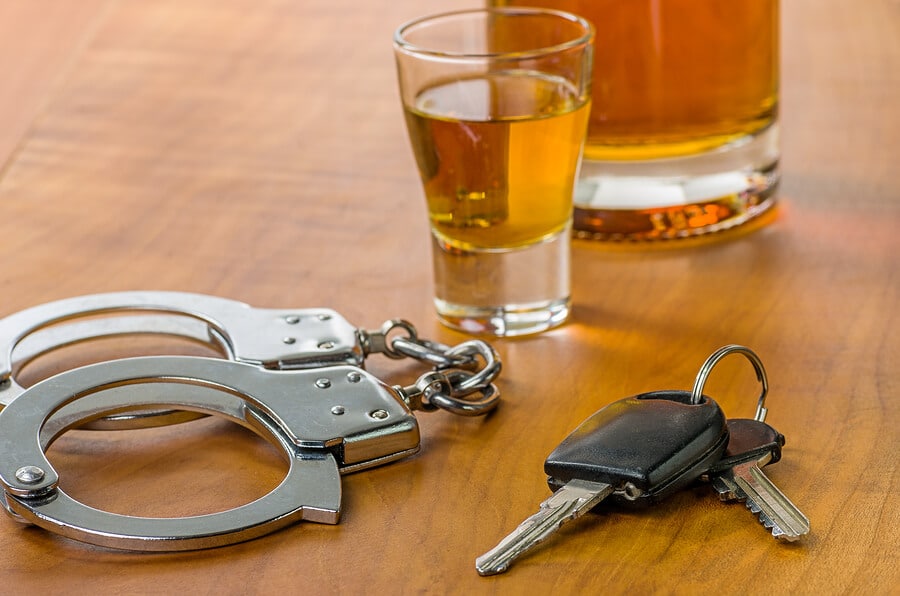If you need help now, call 612-436-3051
or
use our confidential form here
All impaired driving offenses are governed by Chapter 169A of the Minnesota Statutes (See here). The legal limit in Minnesota is .08. It is a crime to operate or control a motor vehicle, a motorboat, a snowmobile, ATV, or an off-terrain vehicle when under the influence of alcohol or controlled substances.
If you are stopped and the police suspect drinking, they can ask you to perform field sobriety tests (FSTs). If you fail those, they can ask you to take a preliminary breath test (PBT). If you blow a .08 or above, you can be arrested for a DWI. You will be read the Implied Consent Advisory, which means that by driving in Minnesota, you have already consented to taking a blood, breath, or urine test if the officer has probable cause that you are intoxicated. Refusal is a crime (Minn. Stat. § 169A.20, subdiv. 2). You will want to consult with a Minneapolis DWI Attorney immediately to know what your rights are.
First degree DWI is a felony. You may be guilty of this offense if this is your fourth (or more) DWI. This offense carries a sentence of up to 7 years and/or up to a $14,000 fine. There may also be mandatory penalties. See here; here.
Second degree DWI is a gross misdemeanor and is a DWI with two or more aggravating factors. It also constitutes test refusal with one aggravating factor. The same sentencing structure from third degree DWI applies here. See here; here.
Third degree DWI is a gross misdemeanor and is a DWI with one aggravating factor, such as having a prior DWI. This offense also constitutes test refusal. See here. DWI is an enhanceable offense, meaning that the more you get in 10 years, the more severe the offense level and sentence. If you get two DWIs within 10 years, you could be subject either 30 days incarceration, at least 2 days in jail, or community service work. See here.
Fourth degree DWI is a misdemeanor and is the typical first-time DWI offense. See here.
After the criminal case is over, there are two potential civil cases: Implied Consent and Forfeiture. Sometimes, your vehicle may be forfeited to the government and you can challenge that forfeiture. See here. You can also challenge the implied consent by requesting a hearing wherein your attorney can question the officer who stopped you about the reasons for the stop and test. For more information about the implied consent law, see here.
There are also collateral consequences to DWIs, such as your driver’s license being revoked or canceled. See here.
The preceding was a summary of the law. It does not describe all of the elements of the crimes. Laws are also constantly changing. You need to contact a reputable Criminal Defense Lawyer to discuss the offenses in detail and with respect to your own particular case. Nothing in this description or anywhere on this site is legal advice.
